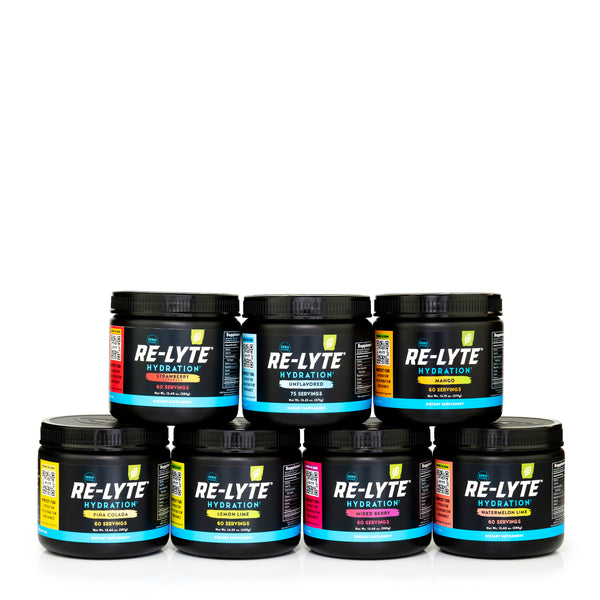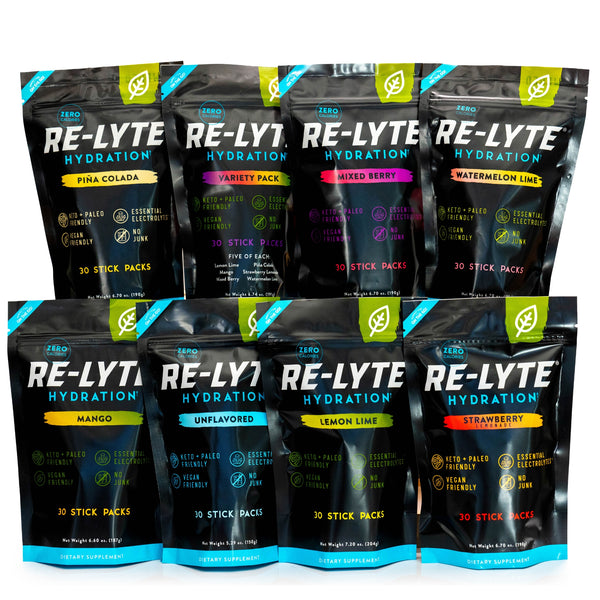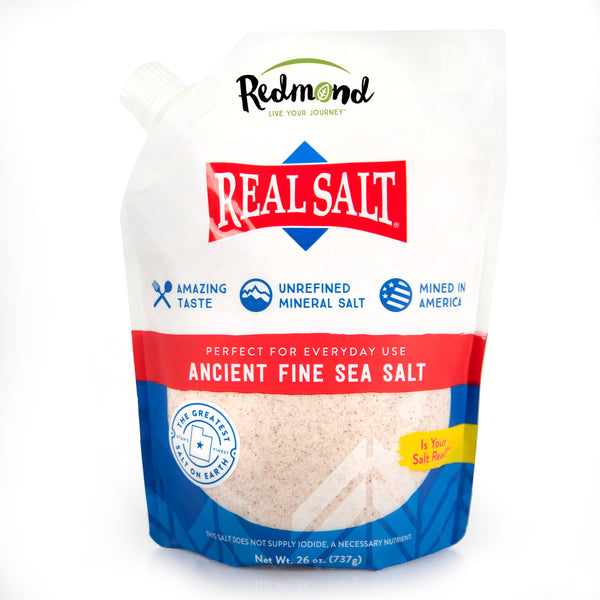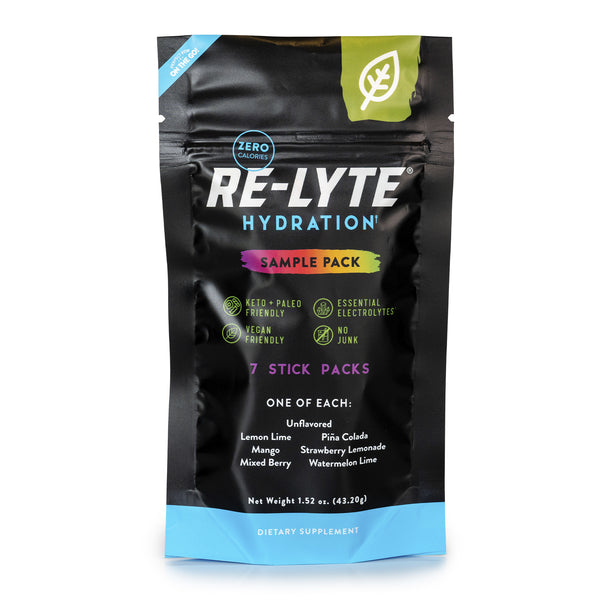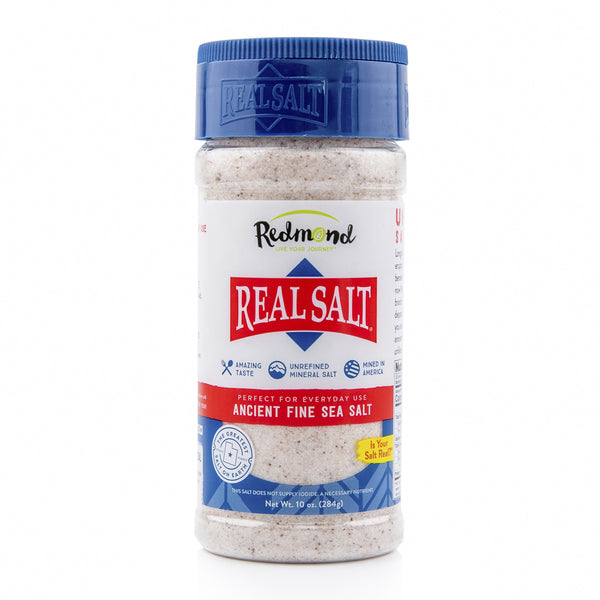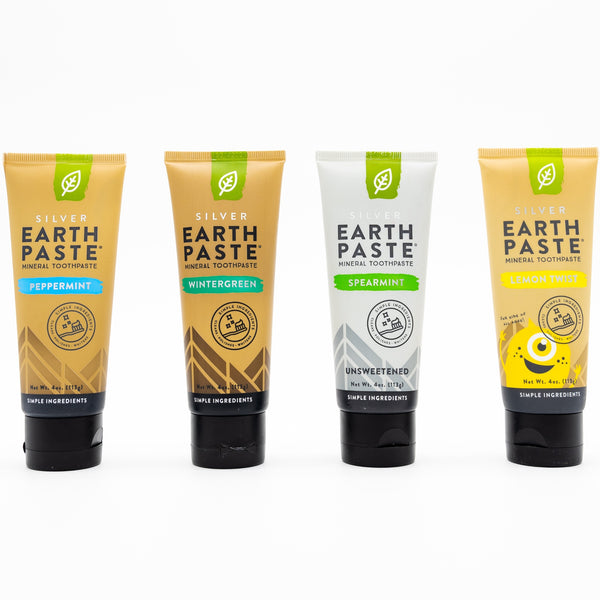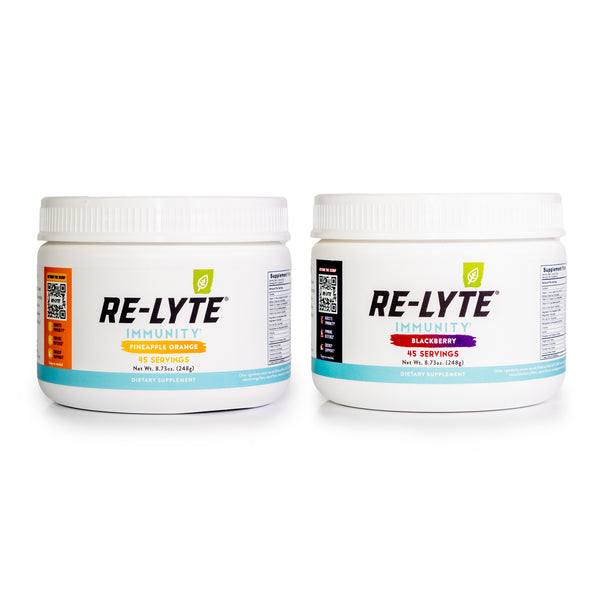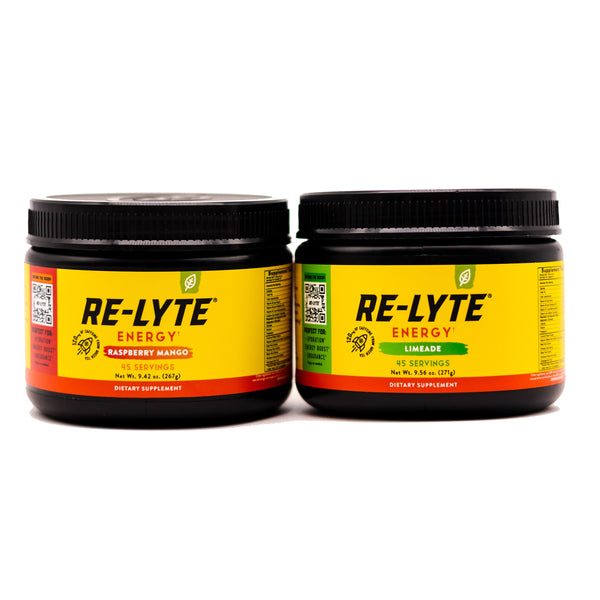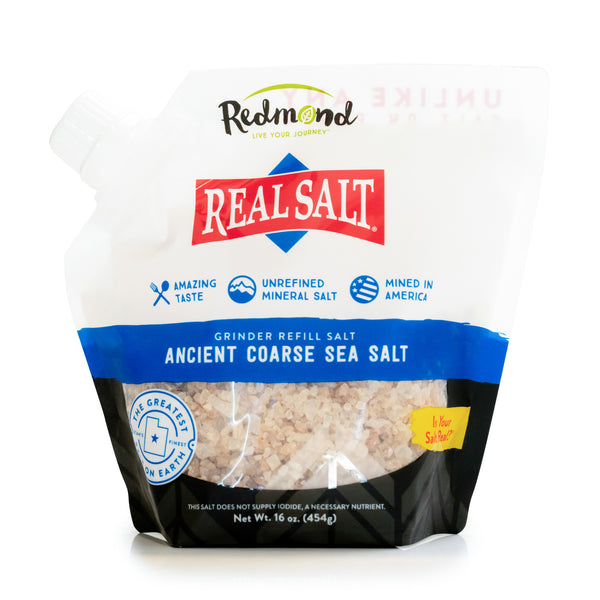4 Ways Bentonite Clay Beautifies Hair
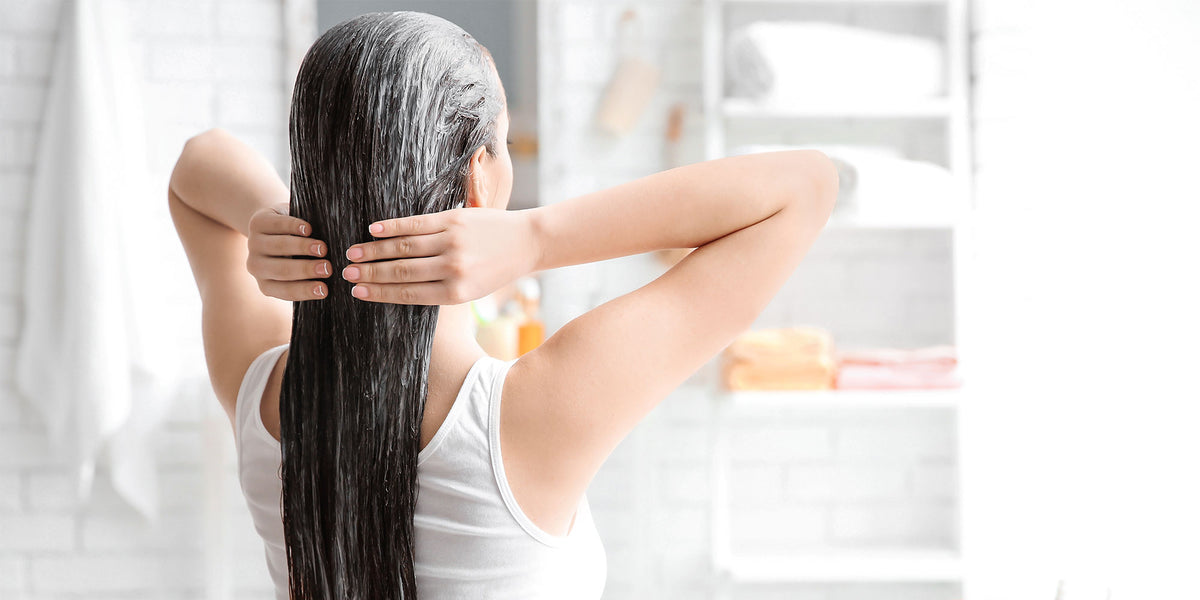
Article at a Glance:
- Bentonite clay hair masks are a popular part of many people’s hair care routines and have been for centuries.
- Clay’s fine powder-like texture can help gently exfoliate the scalp.
- Bentonite clay’s drawing properties can also cleanse follicles.
- Clay may be able to pull hair product buildup from dull strands, acting as a natural and more gentle alternative to clarifying shampoos.
- Bentonite clay’s hydrating properties may benefit dry hair that’s prone to breakage.
You may already know that bentonite clay is great for your skin. But did you know it could also have impressive benefits for that amazing mane of yours?
Clay hair masks have been used since ancient times in areas like Iran and Africa to moisturize, cleanse, and nourish hair. Unfortunately, modern researchers haven’t really studied clay’s benefits for hair yet.
When it comes to hair and bentonite clay, there’s only one semi-relevant scientific study to speak of— and it examined bentonite clay’s effect on sheep wool, not human hair. The good news? Researchers found that bentonite clay helped boost wool growth. That’s wonderful for sheep, but we can’t say with certainty if it’ll do the same for you.
Here’s what we can say— plenty of haircare professionals and everyday people believe in the benefits of bentonite so much that they make it a regular part of their haircare routine. These are a few reasons why:
1. It’s fantastic for scalp health.
As we mentioned earlier, bentonite clay has plenty of documented benefits for your skin. And guess where there’s lots of skin in need of love? Your scalp! Bentonite clay has the texture of a fine powder and can provide gentle exfoliation to your scalp. It can also soothe and nourish dry, flaky skin on the scalp.
2. It cleanses hair follicles.
Beautiful hair starts at your follicles. These little holes in your scalp can become clogged with dead skin cells and hair product residue, which can keep your hair from reaching its full, long, luxurious potential. By drawing this gunk out of your follicles, bentonite clay clears the path for your hair to grow healthy, strong, and unimpeded.
3. It’s clarifying.

Hair looking limp, dull, and oily? That often happens when the residue from hair products, minerals, and oils builds up on your hair over time. A lot of people buy expensive clarifying shampoos to remove this build-up, but these shampoos contain ethylenediamine tetraacetic acid (EDTA) and tetrasodium EDTA. There are different opinions on whether these ingredients are safe for you and the environment. Luckily, bentonite clay could be a better alternative. Bentonite clay has a negative electrical charge that can draw debris, toxins, and buildup from the hair and scalp, reviving those limp, dull strands.
4. It’s moisturizing.
A lot of people use bentonite clay on their skin because they believe it has hydrating properties that leave their skin feeling soft, and the same is true for hair. People with curly, dry hair that’s prone to breakage find bentonite clay to be incredibly effective at nourishing and moisturizing their hair so it feels softer and less brittle. In fact, bentonite clay’s moisturizing properties are one of the main reasons people started using clay hair masks in Iran centuries ago.
A DIY Bentonite Clay Hair Mask Recipe
Ready to experience bentonite’s benefits on your luscious locks? The most popular method is by using a clay hair mask. Here’s a simple recipe you can use to make your own clay hair mask at home:
- ½ cup of bentonite clay
- 3 tablespoons water
- 6 tablespoons apple cider vinegar
- 3 tablespoons of melted coconut oil (or oil of choice)
Step 1— Put your bentonite clay in a non-metal bowl and add coconut oil, followed by apple cider vinegar.
Step 2— Let the blend sit for a few seconds, then add water.
Step 3— Stir well with a non-metal spoon.
Step 4— Your mask should be the consistency of greek yogurt. If it seems too thick, add more water. If it seems too thin, add more clay.
Step 5— Apply the mask to your scalp and pull it down to the ends of your hair. Let it sit for 20 minutes before rinsing.
Step 6— Use this mask a few times per week to keep your hair looking and feeling its best.
Want to keep your clay hair mask super duper simple? You could skip the apple cider vinegar and oil and replace them with water. We included them in our recipe because we think these ingredients make the mask extra effective and nourishing. Apple cider vinegar can help cleanse the scalp and restore pH balance to stressed-out strands. Coconut oil (or another oil of choice) can make your mask more hydrating and tame frizzy hair. But if you’re low on ingredients, a mask made of just clay and water will have benefits for your hair too.
Think you’re going to make clay hair masks a regular part of your hair routine? Make sure your clay supply doesn’t run dry with our 6 lb bucket of Redmond Clay.
Sources:
- Bentonite Clay as a Natural Remedy: A Brief Review— Iran Journal of Public Health.
- This DIY Mask Has Been Used on Natural Hair for Centuries—But Does It Work?— Byrdie.
- How Bentonite Clay Can Treat Your Oily Scalp and Skin— Allure.
- Using a Bentonite Clay Mask on Your Hair— Healthline.
- Ingredient Watch List: Tetrasodium EDTA in skin care, the Preservative Made from Formaldehyde— Annemarie Gianni.
- Bentonite Clay for Hair Growth— Joan Morais Cosmetic School.
- Bentonite clay: 11 benefits and uses— Medical News Today.




